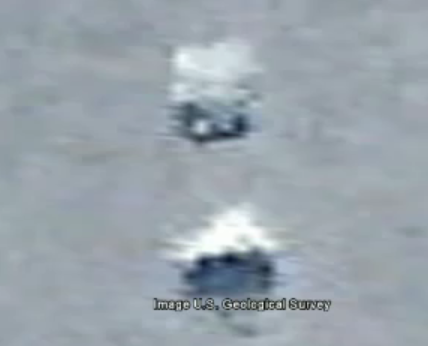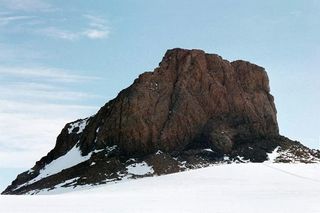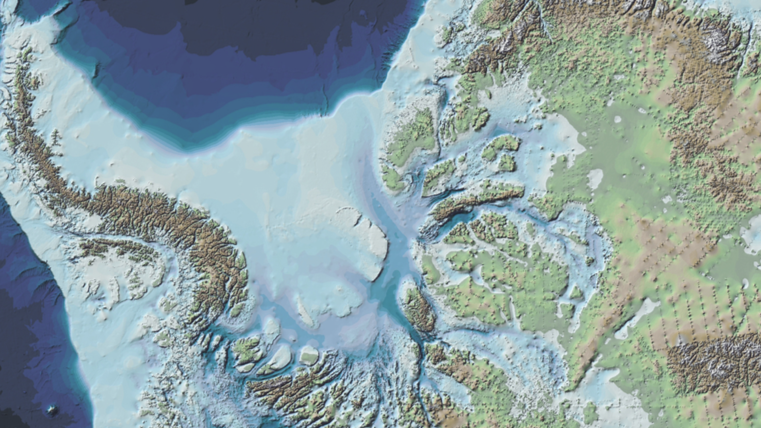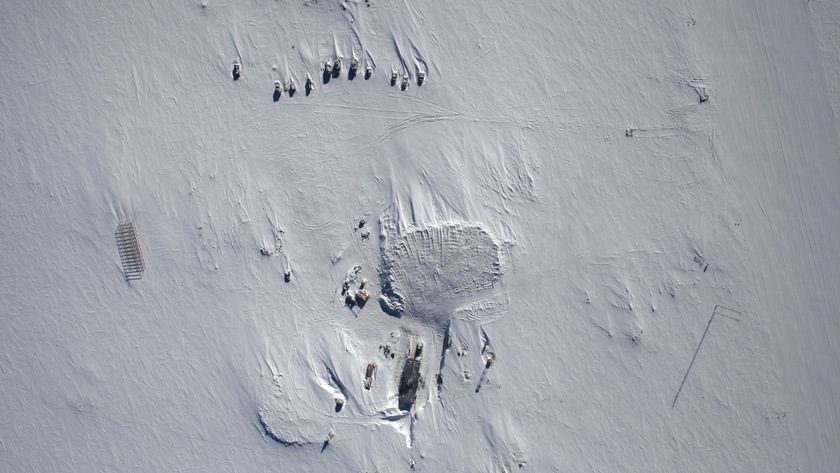'Alien Outposts' in Antarctica Are Just Big Rocks

A self-proclaimed UFO researcher has found what he believes to be alien outposts in Antarctica. Posting at a blog and YouTube channel under the moniker "americanbunker," he has "analyzed" satellite photos of Antarctica via Google Earth, and says the photos show UFOs and other creatures.
He strings together highlights of his Antarctic objects in a 12-minute video. However, the objects visible in the stream of pixellated photos look much more like ice floes, rocky outcroppings and shadows cast by bumps in the terrain than they do flying spacecraft or structures built by Martians. [See the video]
Instead of an alien invasion or a cover-up by the U.S. Geological Survey (many of the photos were made public by the USGS), there's probably a psychological phenomenon at play here: "Pareidolia" is the scientific term for the common human tendency to find patterns in random shapes. We're especially susceptible to perceiving faces or figures where they aren't.
When you see an elephant in the clouds, a man's face on the moon or UFOs in satellite photos of Antarctica, a more probable explanation is that it's a trick of the mind.
For example, consider the blurry satellite image above, highlighted again and again by "americanbunker." He says he found the most UFOs and alien outposts, presumably including the ones he thinks are shown in this image, on Ross Island and Beaufort Island in Antarctica's McMurdo Sound.
Both islands were formed by volcanoes, however, and rocky outcroppings and peaks like the one below are relatively common there. Although it's difficult to say whether this particular formation is what americanbunker is highlighting in the above photo, an object like this is probably casting the mysterious shadows that he has interpreted as an alien base.

This article was provided by Life's Little Mysteries, a sister site to LiveScience. Follow us on Twitter @llmysteries, then join us on Facebook.
Sign up for the Live Science daily newsletter now
Get the world’s most fascinating discoveries delivered straight to your inbox.












